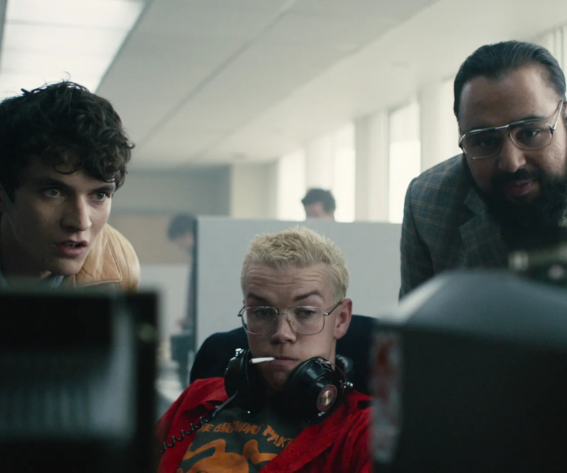It is an accepted fact that video games have transformed the face of film’s narrative content within the past two decades. As games continued to rise in popularity, the methodology of storytelling by games started to seep into films. The hybridization of both creates a new, rich experience for the viewer.
Character Development and Player Involvement
Games often consist of complex character development where gamers build emotional relations with characters as a result of their experience in the game. This kind of characterization of characters implies filmmakers ensure the development of multi-dimensional characters in movies.
Modern gaming platforms have a very rich storyline that sometimes changes from time to time, thus giving the gamer a continuous experience. This feature inspires filmmakers to ponder over how to present their story in another exciting way and get the audience hooked. With this change in storytelling, the plot is not changing, but it is evolving with the ability to be interactive in storytelling.
Non-Linear Storytelling
Non-linear forms of narration: the other way video games are affecting filmmaking. In the majority of these games, the player has control over how to end the story, though most games come with more than one ending. Because of interactive storytelling, filmmakers have recently been pushing the envelope in non-linear forms of narration, where stories take place in unprecedented sequences.
This keeps the audience glued to the film with the multiple perspectives or alternative scenarios created. It is also the same as how the choices of a player in video games determine the way a story path goes through.
Visual Effects and Action Scenes
Visual storytelling video games are so known for having inspired the film industry to seize the opportunity and innovate to redefine what can be done in movie making. It has led filmmakers, who want to do better than earlier experiments in filmmaking, to focus on visible effects and cinematography.
Second, action sequences are now fast, as seen in games. The imaginative camera angles characteristic of games also influence the way film directors shoot action scenes in the film. For example, filming in first-person or over-the-shoulder shots in film emulates the mode of engagement in gaming.
Techniques of Interactive Storytelling
The “choose-your-own-adventure” has been a hot theme for video games for decades and is even now winning its way to movies. It lets the audience take control of the plot they want for themselves and creates an individual experience.
Videos like “Black Mirror: Bandersnatch” immediately give the audience a taste of what interactive entertainment influences the course of the narrative.
The Impact Of Game-Based Worlds
This is one of the real consequences of the video game storytelling technique, wherein the choices of the player significantly affect the narrative. Video games have inspired filmmakers to make science fiction or fantasy movies based on their enthralling virtual worlds. The games have valuable, elaborate histories, cultures, and ecosystems, which are a rich source for filmmakers.
For example, game films such as “Warcraft” and “Tomb Raider,” retell the plot of the game and utilize the painstakingly designed game worlds to augment the film experience. The films could therefore come up with stories that will resonate well with the game geeks as well as attract a more diverse audience.
The Future of Video Games and Cinematic Narrative
Influence on film narratives This influence shall only continue to climb as gaming technology becomes better and better. The lines of demarcation between interactive gaming and film experiences are blurring into hybrid forms as they are currently.
Some filmmakers have experimented by incorporating live-action scenes with computer-generated imagery. Inspirations of game design techniques are now being infused into building stories that are felt to be real, interactive, and even alive. This convergence brings not only new possibilities in the field of storytelling but also challenges the audience in new ways.
Conclusion
Video games are changing film storylines as they open new dimensions in storytelling, how characters could be created, and what kind of visual approaches could be employed. More of that impact will come from the gaming sector as it moves into its next phase, thereby lifting dynamics and interest in film experiences further.









Leave a reply